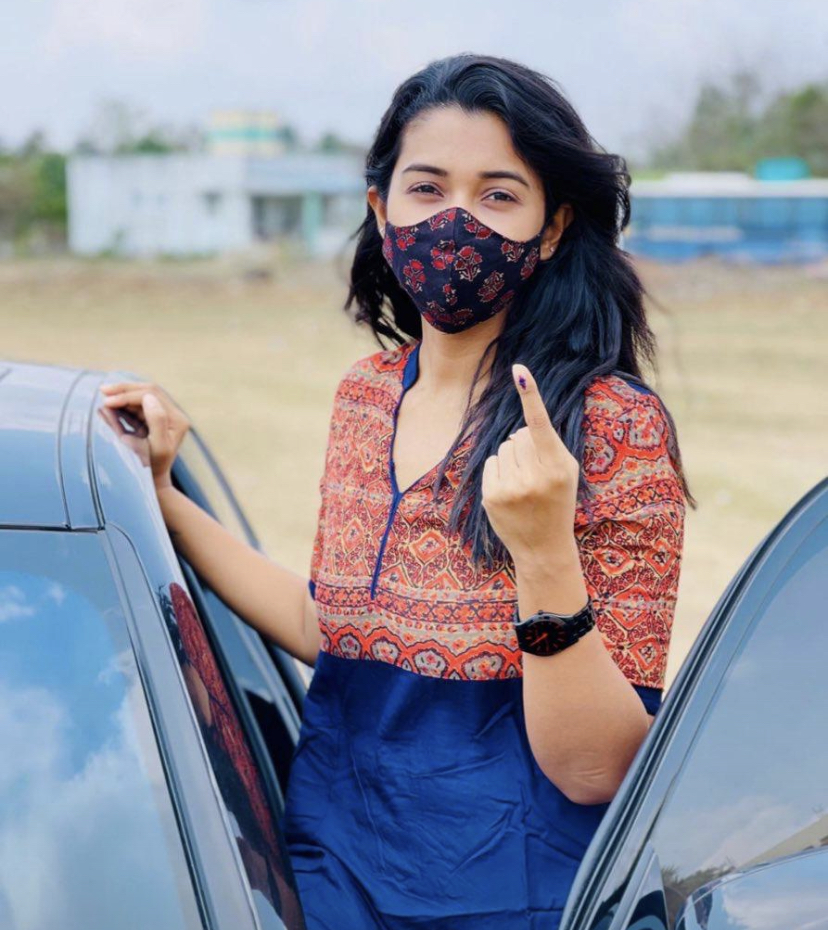Table of Content
This will let you come to the UK for up to six months to get married. All couples may marry if they are both 16 years or over and free to marry, that is, if they are single, widowed or divorced, or if they were in a civil partnership which has been dissolved. In the United Kingdom, opposite sex couples can marry in a civil or religious ceremony. The Marriage Act 1753, the first legislation that came in for regulating formal wedding ceremonies, exempted both Quakers and Jews from its laws. So long as there is a connection to a church, couples can now marry in a Church of England church even if hadn’t been regular attendees. These special qualifying connections include parents or grandparents marrying in the church, one of the couple living in the parish for six months or more , or one partner being baptised or confirmed there.
The legal age of marriage and civil partnerships has been raised to 18 in England and Wales. The new laws are designed to help couples get married in future national emergencies, such as a war or pandemics. Obviously weddings are currently banned under the national lockdown but the new law could mean weddings can take place in people's gardens when restrictions are lifted, making weddings much cheaper and easier to organise. However, under new potential laws, couples will be allowed to legally marry literally anywhere, meaning nuptials can take place in your lounge, garden, at a castle or even at your favourite fast food joint (hello, Nando's). A marriage by proxy is one where one or both partners are not physically present at the ceremony. Marriages taking place under United Kingdom law are not valid if they are by proxy.
Getting married outdoors or at home could be legalised in England and Wales under new proposals
Coronavirus has changed life as we know it and one sector that's been hit harder than most is the wedding industry. With weddings cancelled - or reduced to smaller numbers - for the majority of lockdown, people were forced to postpone their big day. If you are being forced into marriage or are already in a forced marriage, you can apply to the county court for a Forced Marriage Protection Order to protect you.

Generally, the premises will need to be permanent built structures, although it may be possible for approval to be given to a permanently moored, publicly open boat. Pre-nuptial and post-nuptial agreements can be legally binding unless considered to be unfair by the court. You should get advice from a solicitor before you make an agreement. Engagements are mainly for cultural reasons and have limited status. However, they can be used, for example, in immigration law as evidence of intention to marry.
Can I claim on wedding insurance?
The legislation passed in that year restricted marriage ceremonies to between the hours of 8am in the morning and midday. In 1886, the permitted hours were extended to 3pm and then in 1934 to 6pm. The same time restrictions apply to civil partnerships, which were introduced in 2005. Religions have different rules about whether someone can remarry in a religious ceremony.
Everything above applies to civil wedding ceremonies, and to most religious weddings. However, there are three exceptions to most of those rules in England. It is not a legal requirement to exchange rings, although of course many couples do. You may also choose to read a pre-prepared script of vows – but you must run the content by your registrar first.
Getting married
However, ask at your local registry office to make sure you have the correct information. Some regions, and especially Scotland, have quite different rules. However, there are two sets of phrases that must be included in order to make a wedding ceremony legally binding. To help us improve GOV.UK, we’d like to know more about your visit today.

At the moment, any number of guests can attend a wedding ceremony or reception held outside, or in a Covid-secure public venue. The Law Commission now proposes that weddings should be able to take place in "any safe and dignified location", such as family homes, gardens, beaches, forests, parks, village halls and cruise ships. The recommendation comes after the government said weddings in the open air - legalised temporarily during the pandemic - were here to stay following "overwhelming support" from the public.
Or your parents may refuse to give their consent for you to get married. If this is the case, you can apply to a court for permission to get married. Same sex couples who marry abroad under foreign law are recognised as being married in England and Wales. Importantly in a civil ceremony, there can be no mentions to God. You may however have music or readings with religious connotations.
At the moment, the Government's lockdown rules banning weddings has not changed since the measures were announced on March 23. But those who have broken free from their child marriages have told me they think this law will make all the difference for children who most need it. The change was brought in following a cross-government survey, Your Freedom, which gave the public the chance to suggest which unnecessary laws should be repealed. If you're planning a wedding for this year or next, be sure to read our guide to whether weddings will go ahead, how to plan an epic wedding for a small guestlist and the best wedding dresses under £1,000 to snap up now. In England and Wales, you can get copies of a marriage certificate from the General Register Office.
The Superintendent Registrar then issues authority for the marriage and you can marry in any Register Office or local authority approved premises in any district. Importantly, same sex couples are not permitted to marry in an Anglican ceremony. However, they can wed in a civil ceremony with the usual restrictions.

If not, you may have to register a claim with the company's administrator. Most insurance doesn't cover a ''government act", so is unlikely to pay out if lockdowns affected your wedding. The government hopes that more restrictions will be scrapped on 9 August, subject to a decision next month. First Minister Nicola Sturgeon has said the whole country will move to level 0 on 19 July, meaning up to 200 guests can attend a wedding. Weddings in private homes can only take place with six people or two households present, unless one of those getting married is seriously ill, in which case 30 people can attend.
The Home Office may wish to carry out investigations to ensure that the proposed marriage is not a 'sham'. It may extend the notice period to 70 days in order to carry out these investigations. If you don't comply with the investigations you may not be allowed to marry. You also risk being prosecuted and, if you are the person subject to immigration control, you will gain no advantage from the marriage and could be removed from the UK. You and your partner must give notice of marriage in your local Register Office, whether or not you wish to marry in that district. If you and your partner live in different places, you’ll both have to go to your own local Register Office to give notice.

Same sex couples cannot marry in the Church of England or the Church in Wales. When planning your ideal wedding ceremony in the UK it is essential to look carefully at the legality of the situation at the outset to avoid disappointment. The present rules about what you can and can’t do are complex and surprising!

No comments:
Post a Comment